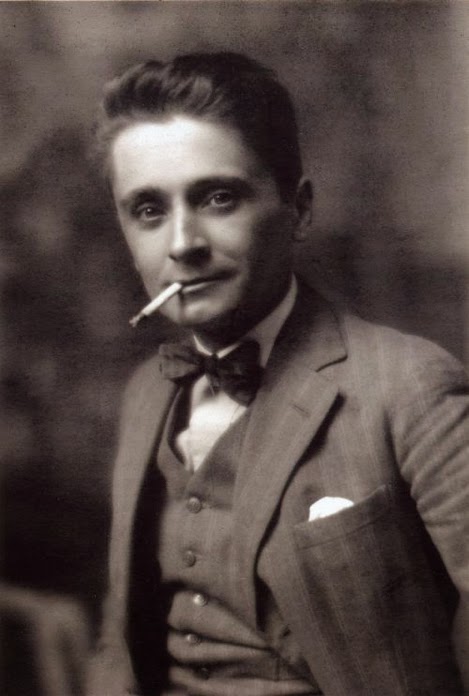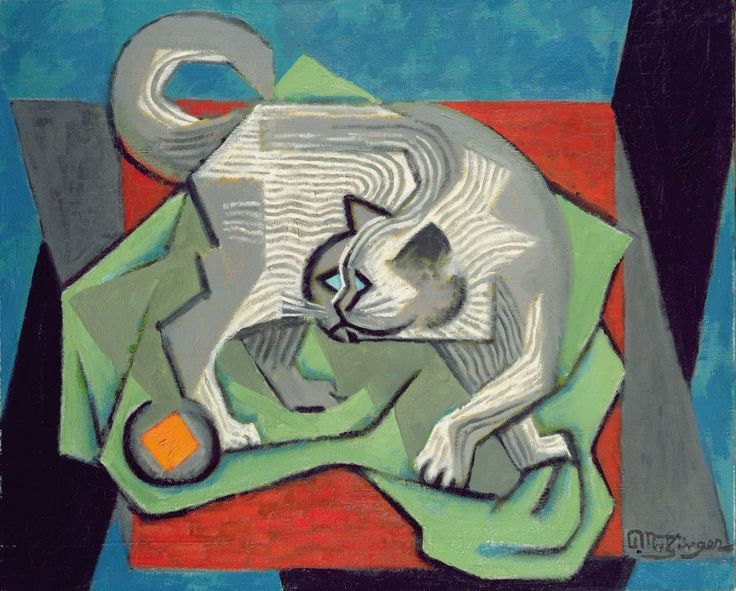Misplaced by History: Artists Worth Knowing
Jean Metzinger
French painter Jean Metzinger (1883-1956) may be one of the least known Cubist painters, but he was the first to write a major treatise on the topic, Du “Cubisme” in 1912. A prominent member of the French avant-garde, the cerebral Metzinger relentlessly examined systems and strategies in his art throughout his career.
Metzinger was born in Nantes, France in 1883. At the age of twenty he moved to Paris to pursue a career as a painter. Not long after he met a notorious group of Bohemian artists, poets and writers, among them Max Jacob, Guillaume Apollinaire, and Georges Braque, who sought to change the course of art history. The leader of the group, Pablo Picasso, was to have a profound influence on him.
An early interest in mathematics led Metzinger to Cubism. In 1910, he was the first to explain it by pointing out that Picasso and Braque had dismissed traditional perspective and merged multiple views of an object in a single image. They understood that as humans we view the world in a Cubist manner, from a variety of angles, simultaneously, our minds putting images together cohesively. Said Metzinger, “The visible world only becomes the real world by the operation of thought,”
In 1911 Metzinger participated in the controversial Salle 41 at the Salon des Indépendants, the first formal group exhibition of Cubist painters. His work was represented at the Salon d’Automne in Paris that same year.
Metzinger was a gifted and versatile critic, poet and writer that argued passionately against traditional approaches in art and the need for portraying multiple perspectives to better understand reality and time.
Serving in the army during World War I, Metzinger returned in 1919 to Paris, where he lived for the remainder of his life. His work went through several phases and he continued to exhibit throughout his life.
Metzinger died in 1956 in Paris. Today, his works are included in the collections of the Solomon R. Guggenheim Museum in New York, the Tate Gallery in London, and the Museum of Fine Arts in Boston, among others.



